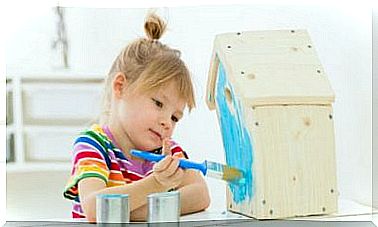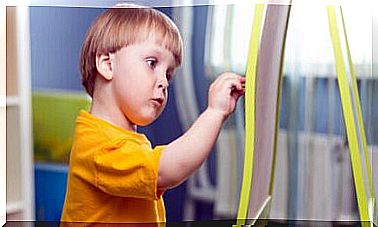How To Agree On The Education Of Children? – Being Parents

When a couple decides to start a family and become parents, their stories begin to intertwine more intimately. It is obvious how they were educated.
Their beliefs, fears and desires will be irretrievably poured out on the children. This is why one of the great challenges of the couple is to agree on the education of the children .
What obstacles can we encounter?
When it comes to agreeing on the education of children, there are two possible situations:
- When parents disagree at all on how to raise their children. Sometimes the way each of them was brought up is very different and, wishing the best for their children, they come to a point of rigidity. Indeed, both parents want to impose their point of view, without being able to see what is best for the new family.
- When they reach agreements but one of the two is more permissive than the other. This situation is a constant source of conflict within the couple. Often the rules are set but one of the two parents is less strict when it comes to fulfilling them. In addition, it creates a lot of insecurity in children who need clear and loving boundaries for good physical, intellectual and emotional development.
When the child receives conflicting messages or hears his parents getting angry in front of him, he does not feel that he has clear references. This may lead him to learn to use these discrepancies to his advantage.

Strategies for agreeing on children’s education
- Discuss what kind of education you received at home and what you want to impart now that you are parents. It is not necessary to repeat a pattern. Now you are a new family, it is more a question of finding the methods to be comfortable.
- Come to an agreement on the limits you want to place on your child. Talk to each other first, then clearly explain to your child the rules and the consequences if they are not followed.
- When there is a confrontation between one of the parents and the child, the other should not get involved. He must listen and wait until he is without the child to talk about it. If disputes arise between the parents, we must try to dialogue calmly and especially without losing sight of the fact that the objective is the well-being of the child.
- Just like we do with children, it is also very healthy to make it clear to our partner what our limits are. Both must be aware of the border that the other is unwilling to cross.
Other strategies
- Never blame the child for the problems. After all, he’s the one who suffers the most when a problem arises between mom and dad. Put yourself in her shoes and don’t idealize life until you are parents. Indeed, the child is not the cause of your disagreements.
- Let your child know that you are there to find what is best for them. Let him know that you are a team even if sometimes you don’t agree. He must feel that he can trust both of you and that you are also learning the best way to educate him.
- If there was a conflict and you didn’t agree in front of the kids, don’t worry, it’s not the end of the world. Take advantage of the experience to sit down and analyze the situation. You will then see what is the best way to act when a similar situation occurs.

Do not fall into ego struggles . Ultimately, it’s not about being right at all costs or being above your partner.
The goal is to find solutions and understandings, to agree on the education of children, to have enough perspective and empathy to forge together new paths that benefit the whole family.









